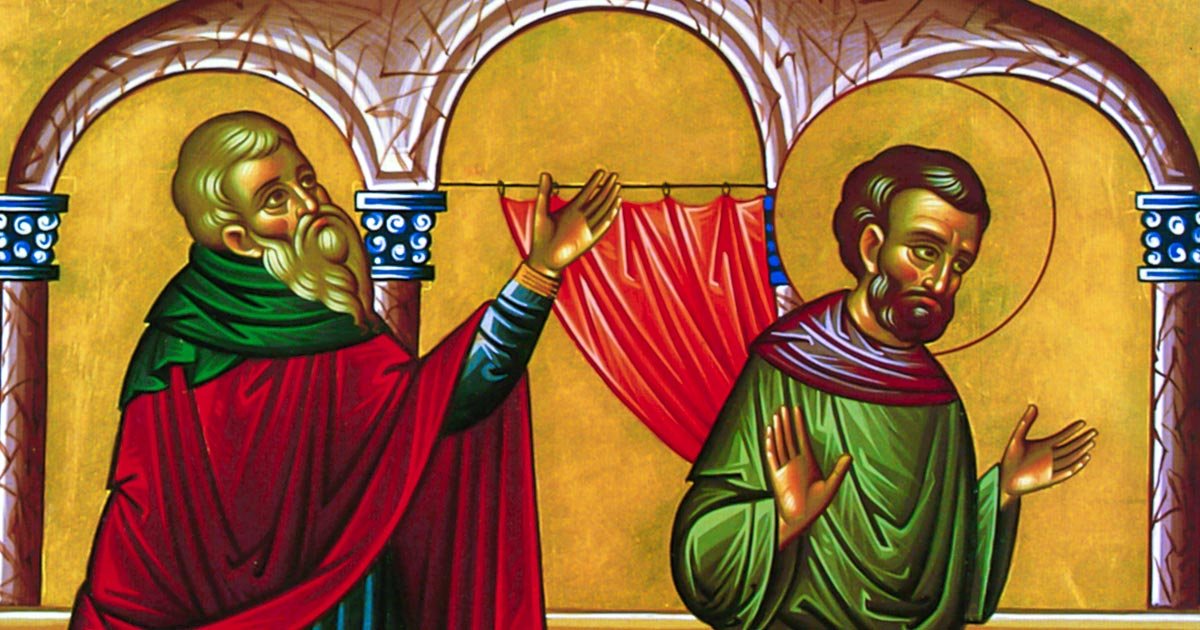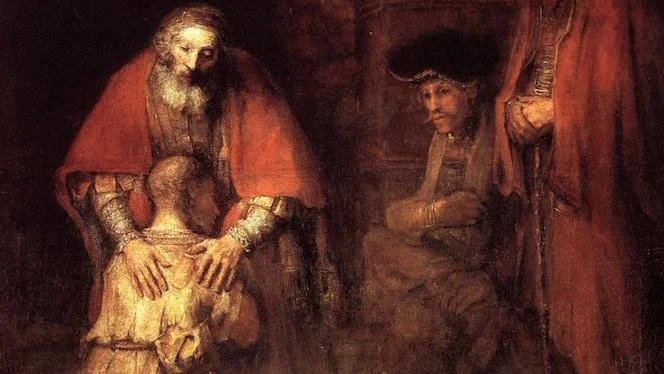A Sermon for Lent 1 (Year A)
Can I tell y’all a secret?
And I know this might come as a shock, but I’m not perfect. I screw up all the time. I fall way short of the life I’m supposed to live—the life I want to live. I leave undone the things God calls me to do, and I keep doing the things God warns me not to. I say things and think things and do things that violate God’s vision of Creation as it should be. I sin—a lot. I’m not perfect. And neither are you.
And yeah, obviously, that’s not really a secret. The fact that I sin—that we sin—isn’t news. As our Old Testament reading shows us, it’s the human condition. Adam and Eve have just been commissioned by God to till and tend the Garden to God’s glory, and already we see them reaching out their hands to exploit it for their OWN glory. And the rest, quite literally, is history: a story riddled with humans misusing the gift of life that God gave us. We screw up and wound ourselves and each other—all day, every day.
But the question before us today is: What do we do with those wounds? What do we do when our eyes are opened and we see what we’ve done?







